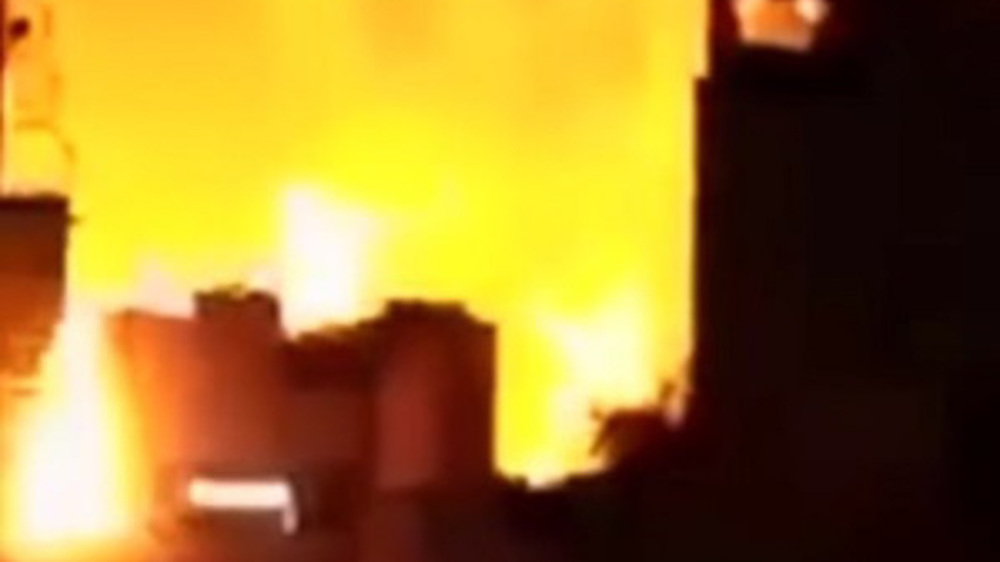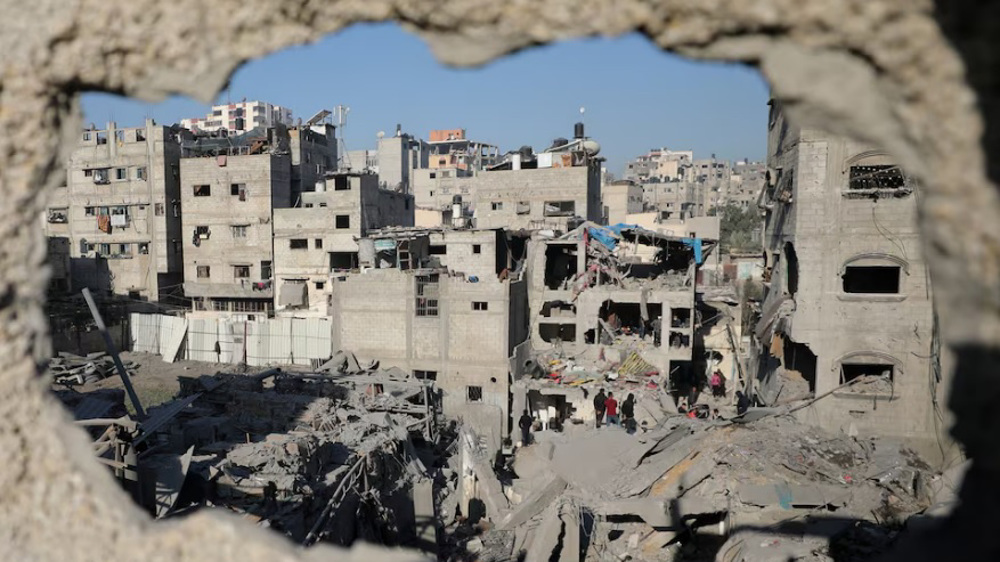Israel seeking to demolish ancient Palestinian village
Israel is seeking to demolish the ancient Palestinian village of Susya in the southern part of the occupied West Bank under the pretext of doing “archaeological work” at the site.
The regime is trying to obtain permission from a high court to flatten the Palestinian village to prepare that ground for “more archaeological work at the site,” Israeli media reported on Sunday.
Tel Aviv plans to relocate the village residents to the nearby city of Yatta in al-Khalil (Hebron).
This comes as the locals had obtained a temporary injunction against the demolition in 2014.
The Tel Aviv regime calls the Palestinian houses “illegal outposts,” with the Israeli military prohibiting residents from setting up homes in the area.
This is while there is an illegal Israeli settlement near Susya with the same name.
Attorney Kamar Mishraki-Asad, representing the Susya residents, said, “It’s incredible, but with the settlements, it was already ruled that Susya land is privately owned and thousands of dunams of land in the area are privately owned by Palestinians.”

He added that the Israeli military “has rejected any request for construction or planning permits, in order to keep them away from the Susya settlement and to allow the settlers to continue seizing the agricultural lands.”
“For years, the army has forbidden water, electricity and drainage infrastructure to be built, and now claims that expelling the residents is for their own good,” Mishraki-Asad said.
Susya is surrounded by four Israeli settlements as well as several outposts, all deemed illegal under international law.
Although Susya and its residents have much support from their fellow Palestinians as well as international solidarity activists, the villagers still fear that the village will be demolished again by Israeli occupation forces.
More than half a million Israelis live in over 120 illegal settlements built since Israel’s occupation of the Palestinian territories of the West Bank and East al-Quds in 1967.
Much of the international community regards the Israeli settlements as illegal because the territories were occupied by Israel in 1967, and they are hence subject to the Geneva Conventions, which forbid construction on occupied lands.
DB/MKA/HMV
5 Israeli forces killed as Palestinian fighters face up to regime’s war machine
VIDEO | Israeli settler killed during strike against Tel Aviv; fresh aggression targets Yemen’s capital
VIDEO | Yemen’s missile strikes on Tel Aviv
Iran to open 6 GW of new power capacity by next summer
VIDEO | South Korean rallies set the stage for battle over Yoon's impeachment
Hamas, other Palestinian groups say Gaza ceasefire deal ‘closer than ever’
VIDEO | Press TV's news headlines
Iran condemns ‘violent’ attack on Christmas market in Germany










 This makes it easy to access the Press TV website
This makes it easy to access the Press TV website